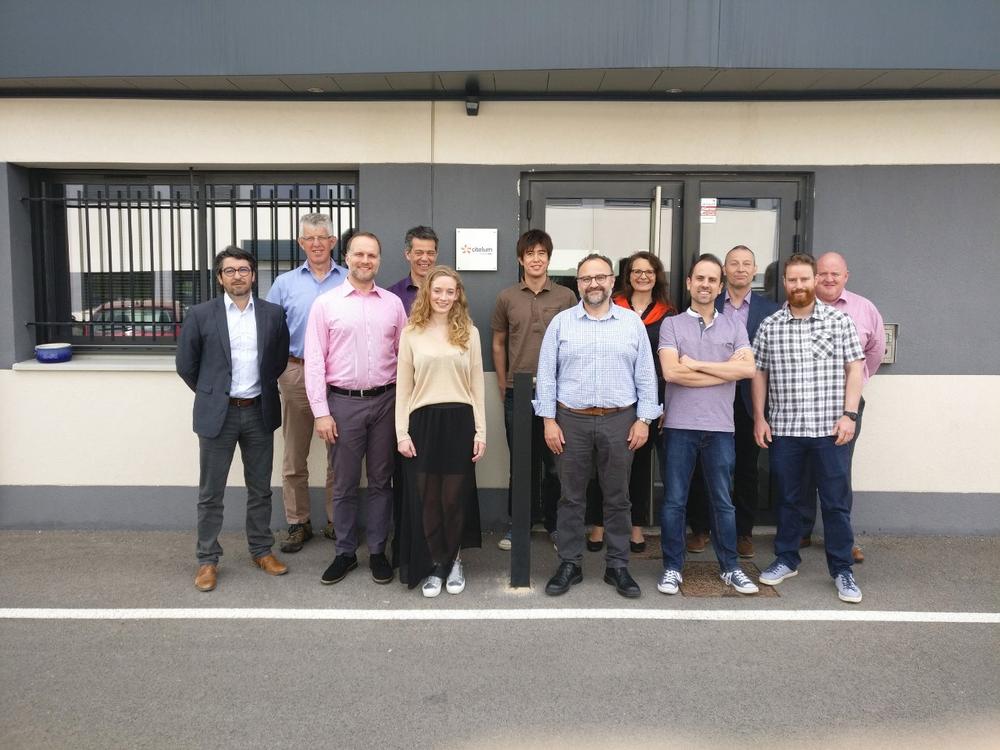Today’s challenge for cities on their way to becoming smart cities is the same in every country around the world: they need to select solutions for outdoor lighting control, waste collection, parking space detection, environmental data collection, energy management, and many other services, which will be in place for many years. Cities are looking for a broad choice among different future-proof and interoperable systems in order to be well prepared for the coming decades.
As most of the available solutions currently are proprietary and focusing on collecting data, the TALQ Consortium decided to develop the Smart City Protocol to unify all smart city requirements including device commissioning, configuration, control, command, monitoring, scheduled programs as well as data collection. Thanks to this software protocol, cities can now choose device networking solutions from multiple vendors and control them all through a single Central Management Software instance.
To ease implementation and shorten timescales, TALQ decided to upgrade the protocol to a RESTful/JSON approach. The development of TALQ Version 2.0 has been completed successfully and now enters the formal approval process. The specification documents, which are shared among all TALQ member companies for detailed analysis and comment, comprise both a text-based specification and the three core OAS (Open API Specification) files.
In parallel, a White Paper, explaining the benefits of the Smart City Protocol and describing the data model, services, functions, and the RESTful / JSON architecture in detail will be published soon. “The new Version 2.0 is the culmination of six months’ extremely hard work by the Technical Working Group, for which I am very grateful. In the past weeks I have heard an encouraging amount of enthusiasm both from within the consortium and from industry more widely.”
By implementing TALQ Version 2.0, vendors are completely free to describe their end-devices through TALQ Functions using TALQ Services (configuration, data collect, real time control, on-demand read, scheduled control, etc.). In that way, TALQ fosters competition and allows cities to choose among multiple different solutions whilst assuring full compatibility.
Founded in 2012, the TALQ Consortium is establishing a globally accepted standard for management software interfaces to control and monitor heterogeneous smart city applications. The TALQ Smart City Protocol is a specification for information exchange, suitable for implementation in various products and systems. This way interoperability between Central Management Systems (CMS) and Outdoor Device Networks (ODN) from different vendors will be enabled, such that a single CMS can control different ODNs in different parts of a city or region.
TALQ is an open industry consortium consisting of currently the following member companies:
Current – powered by GE, Harvard Engineering, Schréder, Itron, Telensa, UVAX Concepts, Bouygues, BeeZeeLinx, efacec, Energies et Services, CAOS Computersoftware, CAPELON, Cimcon Lighting, citelum Citégestion, DimOnOff, Flashnet, Future Intelligence, HEI Technology International, infomir, LED Roadway Lighting, Lightronics, Lucy Zodion, Mayflower Complete Lighting Control, Neptun Light, NETAS, novaccess, Petra Systems, SELC Ireland, Streetlight Vision, Sinapse Energia, smartnodes, Telematics Wireless, TRIDIUM, Trilliant, UMPI. Unicoba Energia, zumtobel group.
TALQ Consortium
445 Hoes Lane
USANJ 08854 Piscataway, NJ
Telefon: +1 (732) 4655817
Telefax: +1 (732) 981-9473
http://www.talq-consortium.org/
TALQ Communications Consultant
E-Mail: talk2@talq-consortium.org
